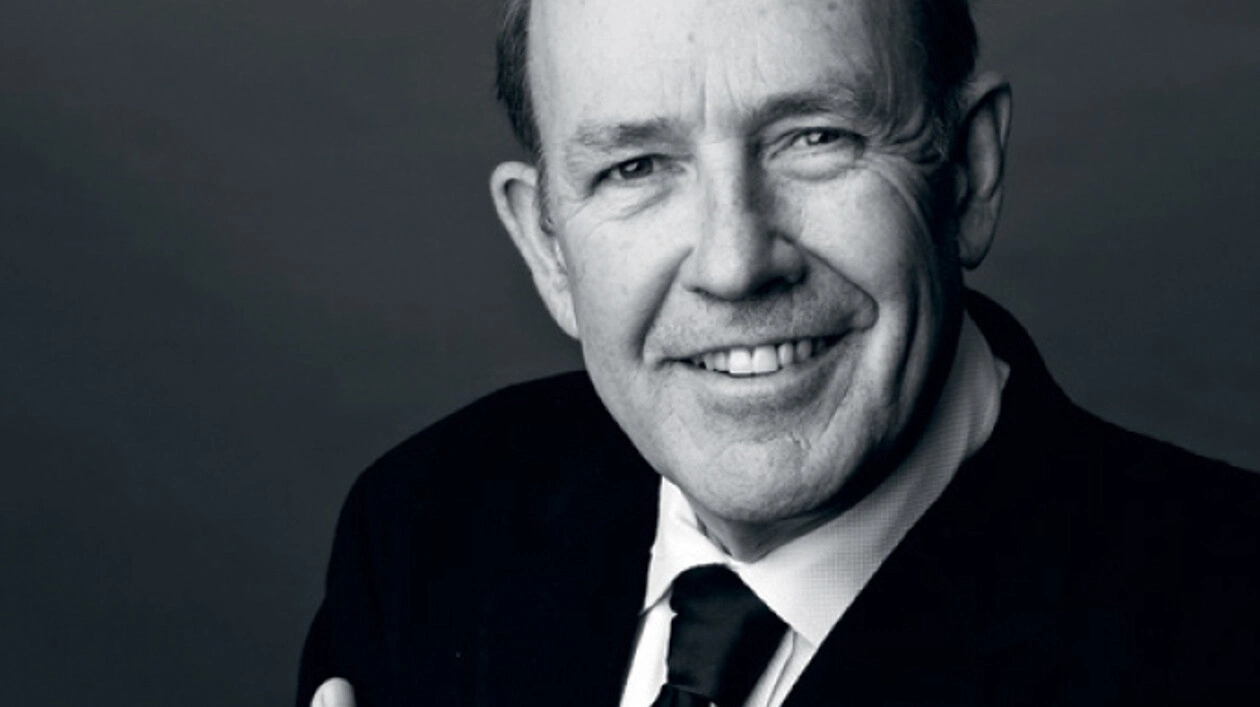It happens everywhere, but only American makes it a social science. Collecting data, developing principles and making a body of knowledge that can be taught, and what is it? Customer Service, something that John Tschohl of the Service Quality Institute speaks, teaches and lives in worldwide tours at public and client seminars. The idea he says, is simple, the hard part is to cascade down to every employee.
Unfortunately, even more difficult, is to convince top management Customer Service as a management discipline ranks alongside marketing and finance. If I think of my service role models, the list is short because my take on customer service stresses operational factors as much as the importance of interpersonal skills of frontline employees.
The tone has to be set from the top. Chief Operating Officers who identify customer service as a force multiplier of product, price, package, promotion and placement, start by installing policies and procedures that don’t stand as obstacles to sales. A customer experience strategy looks at the now and takes out the irritation of nonsensical administration. This does mean that management trusts and believes in the innate integrity of employees, otherwise after strategy, the next factor, empowerment of frontline employees, becomes problematic. Education and training activity cannot be a one off. If staff turnover is 30%, in three years no one from the original group is left. Continuous training becomes a meaningless routine unless every four months a new idea comes up and my Institute’s extensive library of courses and programmes are there for the buying. Speed of doing business is essential. Why is it London’s Metrobank opens an account in 20 minutes when all other banks in the UK stretch out the process to two weeks? The fourth strategy factor, service recovery, gives a route for when things go wrong. The frontline employee responds by recognising the failure, but not evading the complaint, uses commonsense and acts because he or she is empowered to decide and proposes compensation. These four factors, making it easy for the customer to do business, edu-cated and empowered employees, speed of transactions and service recovery, make for a strategy of customer service excellence.
Who are my service role models? Very few and predictably, with one exception, none in Russia. The exception was the great service to be had in Russian restaurants. Metrobank and Apple, both new companies have taken customer experience to new heights with stun-ningly beautiful retail interiors and speed of doing hassle free business. Metrobank, Apple and Amazon majored on service and speed and spent nothing on advertising, relying on favourable word of mouth to establish reputation.
Russian customer experience is way less than the people deserve and what strikes me as an absolute waste of money is the unnecessary heavy robot like security. Is Security there to protect the stock from external thieves or is it there to prevent the staff from theft? If the last then empowerment becomes impossible, it cannot happen in the absence of trust. Maybe what is missing is good hiring processes. Do these companies hire the best or anyone with a pulse? The astonishing fact is that frontline employees have 99% of customer contact but yet, in almost all companies, they are the lowest paid and least appreciated of the work force. This cannot be right and it is not rocket science to design programmes that put focus on customer service through well trained and highly motivated people. And it isn’t as if it is expensive. The labour cost on the income statement is already there and doesn’t adversely change through making better use of the human resource.
My client list is currently seventy-two leading corporations world wide. A strong showing in the US starting with all four branches of the US armed services through to banks and retail. Central America is a sig-nificant business region, especially in Mexico. African clients are in Zimbabwe and Botswana and strong in South Africa with a focus on the retail banking sector. In Russia we have four clients, currently Sberbank and Rolf and in the past Mirax Group and the World Trade Centre.
As a speaker and trainer, I have to be eternally careful not to assume that because it works in Kansas it will work in Kazan. The American culture is not exportable as if it were something out of Hollywood. At home, frontline employees smile as they greet the incoming customer, who expects this greeting. Outside of London I’ve noticed that the British absolutely hate what they call the Service Industry Smile, with connotations of insincerity and, in their eyes, worst of all, the Have a Nice Day on departure. In the US this works by lubricating the wheels of business, but what Russia. I don’t think so; a more re-strained approach is called for but it would not change the national culture if receptionists did at least smile on someone’s approach.
Preparing for working with the 8,000 employees of Rolf’s car sales and service outlets, we made four unannounced visits and in each one the reception was not so much hostile as exhibiting complete indifference. One salesman could not answer the question, what are your best prices? Except by saying I’ll have to ask my manager. One wonders what he thought he was there for.
My interest in Russia goes back 30 years and in that time the changes have been phenomenal. Can quality of Customer Service make the same quantum leap? I am going to try and be part of it. Russian management has only to decide to use imagination and intelligence and choose excellence.






